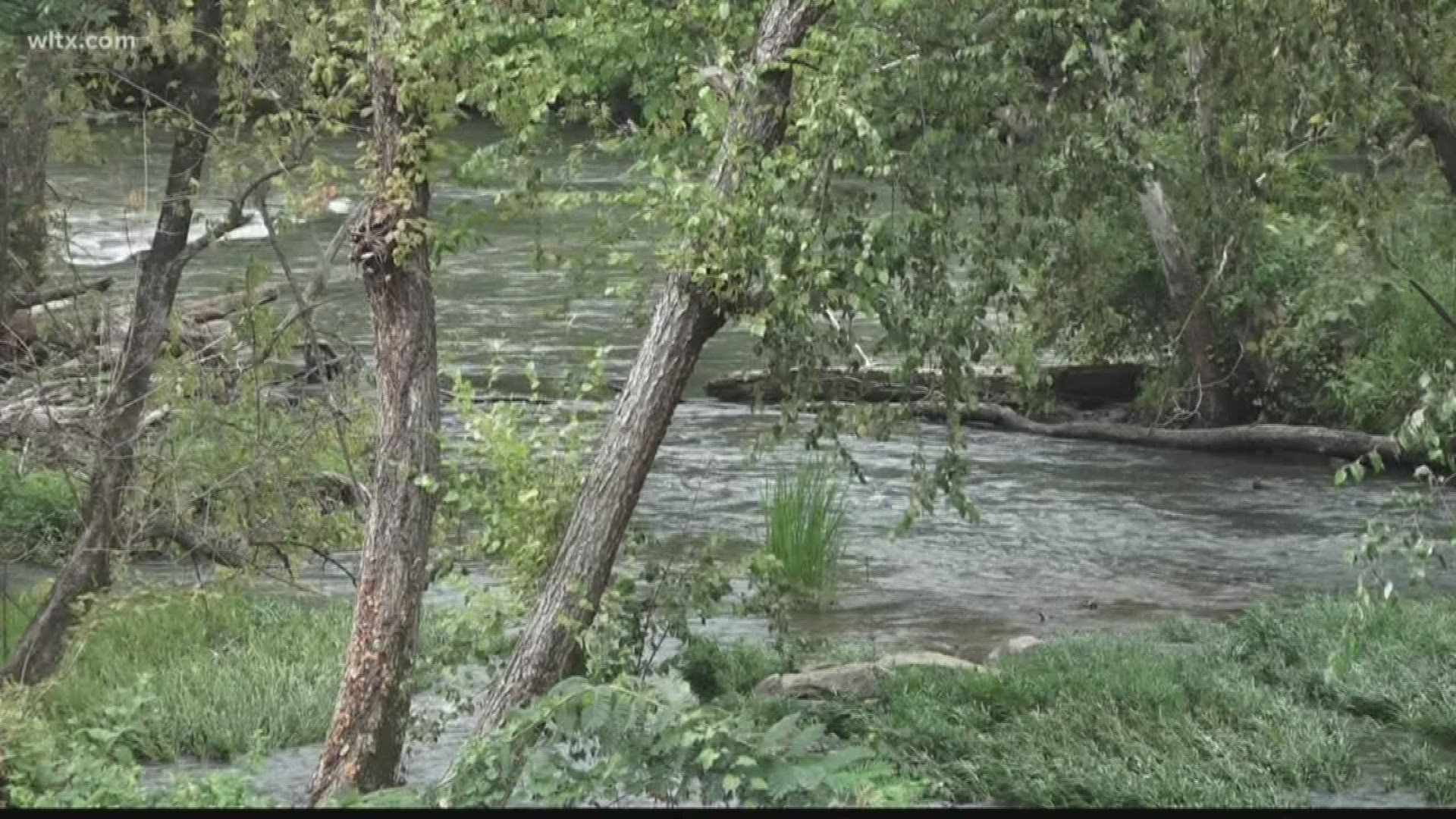COLUMBIA, S.C. — A state commission is asking for artificial reefs, a new 400-acre lake, and major changes to electricity infrastructure in an effort to combat flooding in South Carolina.
The South Carolina Floodwater Commission, which first met in December, released its initial recommendations to prevent major flooding disasters.
Bipartisan Conservation Voters Executive Director John Tynan said it's a first step to addressing the issue.
“Overall the report was a bit of a mixed bag. There were a lot of good things in there, investment in protecting marshlands, a fix it first policy for our stormwater and drainage infrastructure. Recognizing that we need to move development away from flood plains. Those are all tried and true efforts,” Tynan said Tuesday.
Conservation Voters’ members work to protect the air, land, and water of South Carolina through pragmatic political solutions, according to Tynan. The group is not associated with the Commission.
The Commission, brainchild of Governor Henry McMaster, released a 55-page initial report that details potential fixes to the state’s flooding woes.
The report recommends several improvements including:
- Cleaning and repairing drainage infrastructure statewide
- Testing artificial reefs along the coast
- Protection of marshlands and other natural barriers
- Moving transmission power lines underground so they're not as impacted by storms
- Smart river and dam systems
- Changes and improvements to the state's many military bases
- A new 400-acre artificial lake in the state, the report does not specify a location
Tynan said there are questions about implementing some of them.
“What concerned us in the report was a lot of this continuing to perpetuate the myth that we can really build our way out of these challenges and out of these solutions. Stuff like building new reservoirs throughout the state, hardening our shorelines with more artificial barriers, those are things we know are extremely costly, don't often work, and really just don't have the return on investment we need to see,” Tynan said.
The Commission is welcoming public comment on the report for the next 60 days and has a meeting on October 24.

